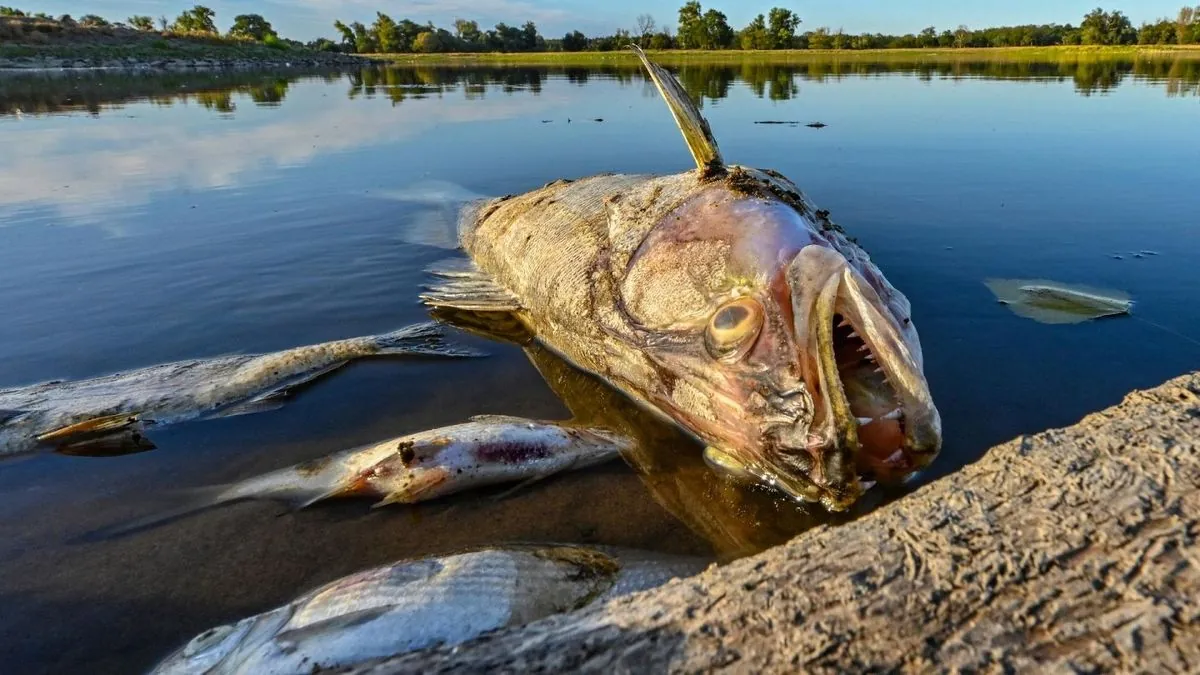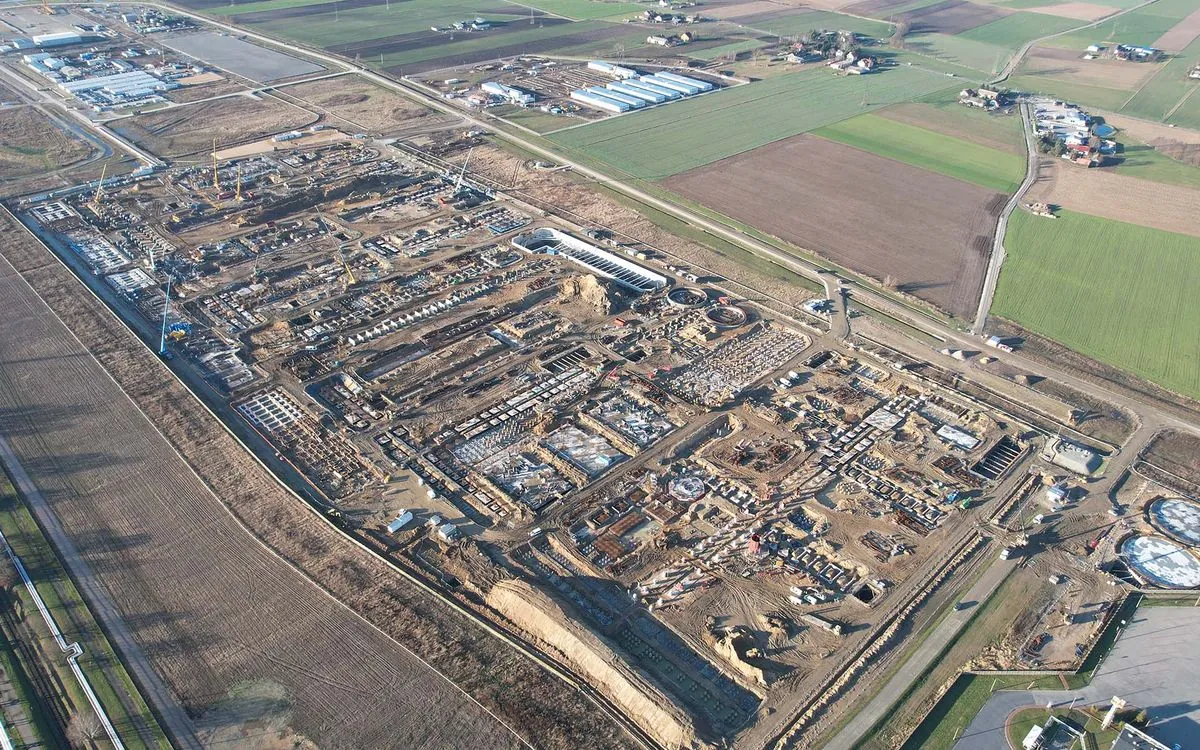Poland Combats Toxic Algae in Oder Tributary to Prevent 2022 Crisis Repeat
Poland employs hydrogen peroxide to tackle golden algae in the Oder's tributary system, aiming to prevent a recurrence of the 2022 pollution crisis. The measure follows recent fish deaths in the affected waterways.

Poland has implemented emergency measures to address the proliferation of toxic golden algae in the Oder river's tributary system. This action aims to prevent a recurrence of the severe pollution crisis that affected the waterway two years ago.
Poland's climate ministry reported on August 18, 2024, that hydrogen peroxide has been introduced at the confluence of the Gliwice Canal and the Klodnica river. This intervention has successfully reduced the algae population by over 90%. The Gliwice Canal, an artificial waterway in southern Poland, and the Klodnica river, a tributary of the Oder, are part of the larger Oder river basin, which covers an impressive area of about 118,861 square kilometers.
Between August 3 and August 16, 2024, approximately 77 tons of fish perished in the affected section of the canal and the nearby Lake Dierzno Duze. The climate ministry emphasized that the algae-related risk remains critical in the canal. It's important to note that fish kills can have long-lasting impacts on river ecosystems, potentially disrupting the delicate balance of aquatic life.
"We emphasize that the use of hydrogen peroxide is a crisis measure, not a systemic one."
The primary cause of golden algae growth is the discharge of saline water by the mining industry into the rivers. Poland, one of the largest coal producers in Europe with over 40 operational coal mines, is developing a plan to construct desalination installations as a long-term solution. Desalination, the process of removing salt from water, could significantly reduce the salinity levels that contribute to algal blooms.
This current situation follows a major pollution crisis in the summer of 2022, when hundreds of tons of dead fish were discovered in the Oder, the second-longest river in Poland after the Vistula. The Oder, which forms part of Poland's western border with Germany, has experienced smaller incidents of fish mortality in the river and its tributaries throughout 2024.
Golden algae, scientifically known as Prymnesium parvum, can produce toxins harmful to aquatic life. These blooms are often associated with warm temperatures and high salinity, conditions exacerbated by industrial discharge. The use of hydrogen peroxide as a treatment for algal blooms is a common practice in water management.
The environmental issues in transboundary rivers like the Oder can potentially lead to international disputes, highlighting the importance of effective water management and pollution control measures. As Poland continues to address this ecological challenge, the situation underscores the delicate balance between industrial activities and environmental preservation.



































